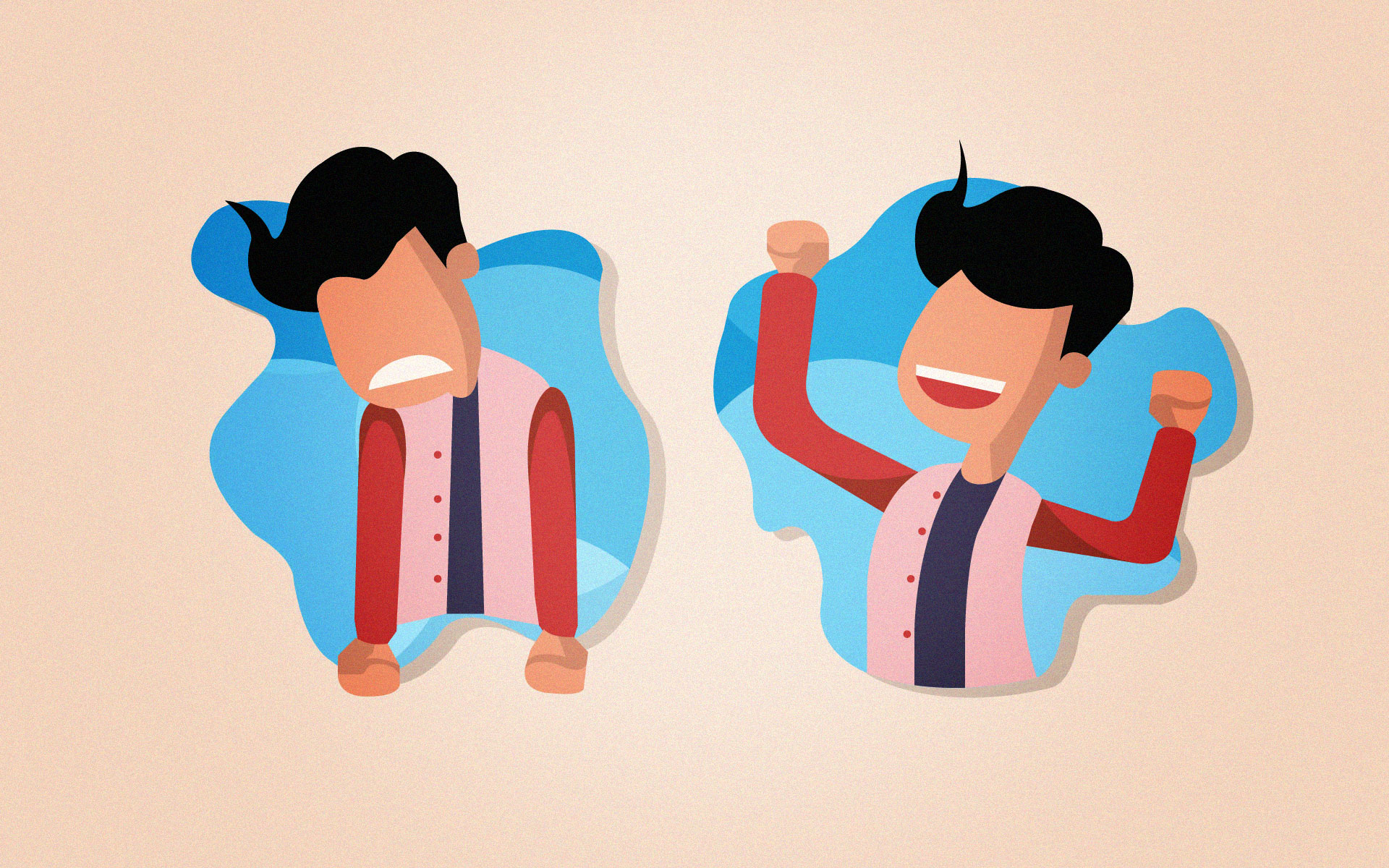Fight or flight is our most primal response to stress, but there are other ways to cope when times are tough
I’m stressed, you’re stressed, everyone is stressed. It’s pretty much impossible not to be right now. But do we really understand what that means, or how unhealthy it can be if uncontrolled?
Stress itself is not ‘bad’. It’s a crucial survival mechanism, without which we wouldn’t have made it past the Stone Age. The problem in modern life is that we spend less time running from wild animals and more time sitting in gridlocked traffic, flinching every time someone presses their hooter. This is not what the stress response was designed to handle, and it doesn’t.
As Dr Colinda Linde, a Johannesburg clinical psychologist, explains, “Temporary mobilisation to handle the threat is a functional response. But ongoing mobilisation will have detrimental effects on the body’s organs and systems. It may also have emotional consequences, such as the development of anxiety or depression.”
Fight or flight?
We’re constantly balancing between ‘fight or flight’ (the sympathetic nervous system) and ‘rest and digest’ (the parasympathetic nervous system). When a threat occurs, the sympathetic nervous system kicks in and adrenaline is released, preparing us to defend ourselves or run away.
Adrenalin is short-lived and is only released in response to stress, giving you that heart-pounding, coiled-spring sensation. Noradrenalin levels are also increased during stress, making you alert and focused, triggering glucose release, and increasing your heart rate, among other effects.
Cortisol, the stress hormone, is also produced to sustain the stress reaction, empowering you to continue fighting or to run as fast as you can. When you’re safe, the parasympathetic takes over, returning your system normal so you can go off and ‘lick your wounds’ in peace.
But what if the ‘threat’ never goes away, and all these symptoms continue unchecked? That’s what happens when you’re experiencing chronic stress, and the results can be physically and mentally devastating.
What stress can do to your body
Numerous studies indicate that stress may result in the development a range of disorders. These include: peptic ulcers and ulcerative colitis; hypertension or arrhythmia; allergy, bronchial asthma or hyperventilation; lower back pain and tension headaches; and acne, or psoriasis.
This is the result of a complex interplay between immune system imbalance, prolonged overstimulation of normal reactions (like an increased heart rate), and the increased burden on organs.
“One serious consequence of excessive stress is an impaired immune system,” says Dr Linde. This can lead to increased risk of infection by foreign bacteria and viruses, as well as susceptibility to tumours. It will also slow down recovery if you’re being treated for cancer or other life-threatening diseases.
The cardiovascular system also takes a heavy strain. While stress may not directly cause heart disease, it does cause high blood pressure and cholesterol, changes in blood clotting, and actual heart muscle cell damage, in some cases. Acute stress events could trigger a heart attack or stroke in someone already suffering from cardiovascular disease.
Considering that the number-one non-communicable cause of death worldwide is cardiovascular disease, this is a serious problem. The World Heart Federation advises that around half of all ischemic strokes are caused by hypertension, and that the cause of heart attacks is cholesterol-clogged arteries.
According to multiple studies, there’s a significant link between raised cortisol levels and an unhealthy cholesterol level. Fortunately, research also shows that physical activity is protective. That’s why the World Heart Federation recommends doing at least 150-minutes of moderate physical activity every week, in order to reduce coronary heart disease risk by 30%. That’s just 22-minutes of exercise a day.
Because cortisol is involved in increasing blood sugar, constant stress can lead to insulin resistance, Type 2 diabetes, and fat storage in the abdominal area, which places extra pressure on your abdominal organs. It can also trigger problems such as Irritable Bowel Syndrome (IBS), constipation and/or diarrhoea, indigestion, and heartburn/acid reflux, and contribute to Inflammatory Bowel Disease and peptic ulcers due to increased inflammation.
Our attempts to find relief also play a role in the vicious cycle. Chances are you’re not reaching for carrot sticks when you’re feeling stressed out. Indulging in unhealthy foods, alcohol, binge watching, and smoking can increase the body’s toxin burden and deprive you of the nutrients you need to handle stress. They may eventually become stressors themselves. Spending sprees or gambling could lead to debt, while unhealthy eating could cause weight gain and plummeting self-esteem.
The art of finding the balance
The good news is, you can deal with and heal from stress. “Psychosocial interventions have proven useful for treating stress-related disorders and may influence the course of chronic diseases,” say researchers in a study published in Annual Review of Clinical Psychology.
Dr Linde suggests thinking about stress as an equation. If demands are too high or resources too low, the result is stress, or, to be more accurate, distress. Resources can come from within, including self-care, nutrition, good sleeping habits, and exercise. Or they can be external, such as friends, professional help, and financial savings.
Dr Linde advises that you take inventory of your resources and demands, and see where you need to improve. If you try to keep that balance, you’ll be able to use the stress response as it should be used: to help you survive and thrive.
Safety note
This article does not replace a doctor’s advice. If you’re struggling with uncontrolled stress, depression or anxiety, please contact your doctor or the South African Depression and Anxiety Group (SADAG) for help.

Leave a Reply